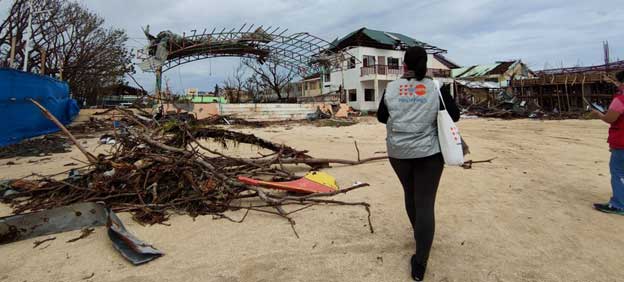‘No dialogue’: Pakistan says open to attacks on Afghan-based armed groups | Conflict News
Islamabad, Pakistan — Pakistan’s Defence Minister Khawaja Asif has warned that the country would not hesitate to launch attacks on the territory of Afghanistan, its neighbour, amid rising tensions between the two over security concerns.
When asked whether Pakistan would consider cross-border attacks to control perpetrators, the Asif replied to an interviewer, “If the need arises, there is nothing more important than Pakistan’s sovereignty.”
Addressing the legality of potential cross-border attacks, Asif argued that Pakistan must prioritise its own interests. “It is also a violation of international norms when Afghan soil is used to export terrorism, with those responsible receiving protection and safe havens by the people there,” he added.
In the interview on Thursday, he also rejected the prospects of any dialogue with the Tehreek-e-Taliban Pakistan (TTP), also known as the Pakistan Taliban, an armed group accused by Pakistan of launching attacks from across the border.
“There is no chance of a dialogue with them. What do we talk about, we need to have a common ground to speak to them,” Asif said.
The interview follows Pakistan’s recent announcement of a renewed military operation named Azm-e-Istehkam, aimed at curbing escalating violence since November 2022, when the TTP unilaterally ended a ceasefire.
Founded in 2007 and aligned ideologically with the Afghan Taliban, the TTP is an armed group advocating for the reversal of the merger of Pakistan’s northwestern tribal regions with Khyber Pakhtunkhwa province, and stricter enforcement of their interpretation of Islamic laws in the region.
Pakistan has repeatedly accused armed groups of launching attacks from Afghanistan, where it says the ruling Afghan Taliban, in power since August 2021, provides them with a safe haven. The Taliban denies these allegations.
Relations between the two neighbours have deteriorated significantly in the past two years, with numerous border skirmishes that have often led to closures of border crossings.
In March this year, Pakistan conducted air strikes inside Afghan territory in retaliation for attacks that resulted in the deaths of seven soldiers in Pakistan’s North Waziristan district in Khyber Pakhtunkhwa province.
The Afghan interim government claimed that Pakistan targeted ordinary Afghan homes and condemned what it termed as its neighbour’s reckless actions.
Yet, even as Asif’s comments underscored the taut ties between the neighbours, Pakistan has insisted that it is not shutting the door on Afghanistan – and is keen to remain engaged in its neighbour’s future.
Pakistan’s Foreign Minister Ishaq Dar said on June 27 in the National Assembly that the country would send a delegation to attend United Nations-hosted talks with the Afghan Taliban in Qatar’s capital, Doha, on June 30.
Dar, who also serves as the country’s deputy prime minister, added that the foreign office is planning a future visit by officials to Kabul.
“Afghanistan remains a top priority on our agenda. Make no mistake, Afghanistan has not been ignored by this government,” he emphasised.
However, Riccardo Valle, a researcher based in Venice with The Khorasan Diary – a non-partisan platform run by journalists – said that while improving the country’s security situation was necessary, the Azm-e-Istehkam operation could have negative consequences for Pakistan’s relations with the Afghan Taliban and may not achieve the goal of reducing violence.
“Pakistan has previously conducted air strikes, reportedly targeting TTP militants’ camps. These actions not only failed to weaken the group but also triggered strong propaganda responses from the TTP,” Valle told Al Jazeera.
Pakistan has witnessed a surge in violence over the past 18 months, with data showing more than 700 attacks in 2023 alone, resulting in nearly 1,000 deaths, primarily among law enforcement personnel.
The government has dispatched numerous delegations to Kabul, including a high-level visit by Asif and Pakistan’s intelligence chief, General Nadeem Anjum, in February 2023, yet mutual distrust between the two nations persists.
Valle notes the close relationship and shared ideology between the TTP and the ruling Afghan Taliban, making it challenging to envision a scenario where the Afghan Taliban would crack down on the Pakistan Taliban.
The researcher pointed out that the announcement of Operation Azm-e-Istehkam had already stoked fierce resistance from residents and political parties in Khyber Pakhtunkhwa.
“Today in Afghanistan, there exists a regime maintaining ties with the Pakistani Taliban. By launching this operation, Pakistan risks fostering further grievances in the province towards the state, potentially aiding the TTP,” he said.
Check out our Latest News and Follow us at Facebook
Original Source







